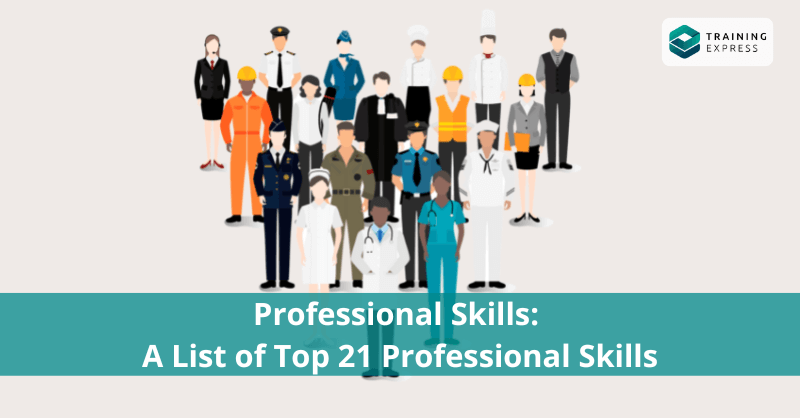In today’s fast-paced world, where job competition is increasing day by day, and now it takes more than a college degree to survive in the professional world. A smart entrepreneur should always be learning. Professional Skills is a must in today’s world to stand out from others.
A well-known inspirational speaker, Jim Rohn says that the most successful people in the world are lifelong learners. As the business world is constantly evolving and adapting, good entrepreneur should know that they need to learn, adapt and develop their skills according to the job market. During company recruitment, being skilled makes sure that you are one of the top choices among recruits, which certainly makes your life easier. Your boss will appreciate your work, and you will be able to stand out from the crowds.
Additionally, seeking coding assignment help can be an excellent way to enhance your technical skills, ensuring you stay ahead in technology-driven fields.
The last year (2022) was an unusual work year for the employees and this year (2023) has already started the same way, which means now is the right time to invest in developing your professional skills to be ready to make your career more successful.
Now, are you thinking and wondering about professional skills? What are these professional skills that can make you into a better professional in the workplace?
To know the answer to all of it, keep reading the blog. At the end of this blog, you will learn exactly what you need to do next to become a good professional.
Professional Skills

